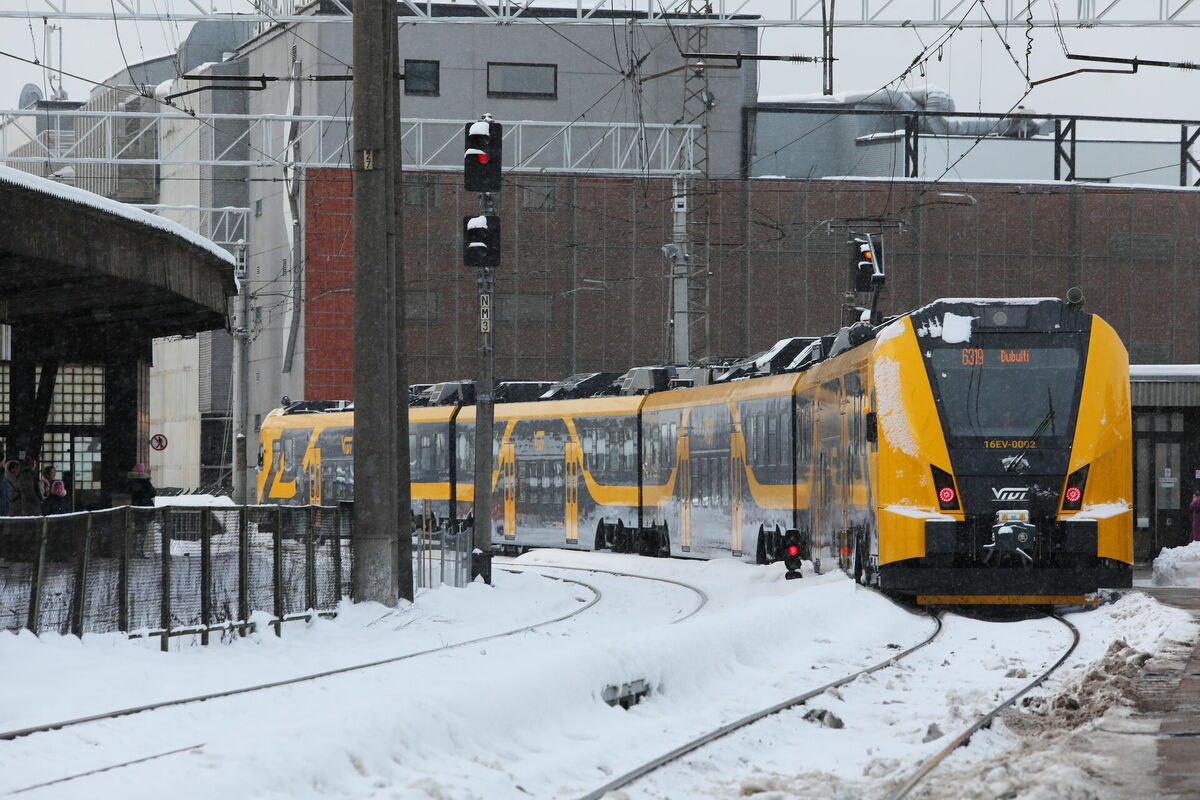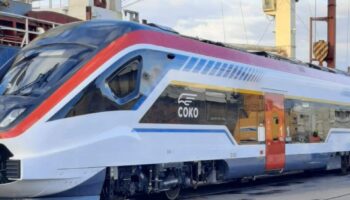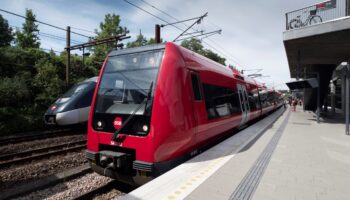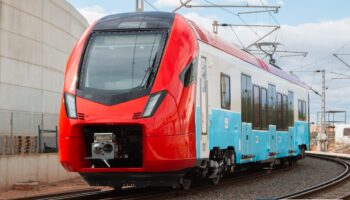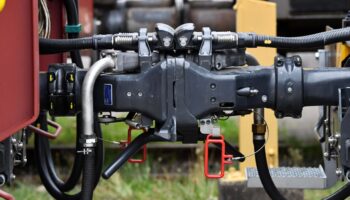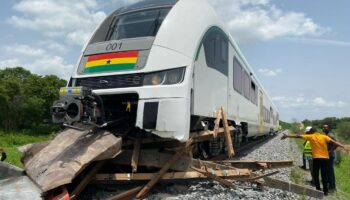Latvia: Last week, Sandis Steins, Chairman of the Supervisory Board of AS Pasažieru vilciens since 2016, announced the board’s joint decision to resign.
All the three members, Steins, Inta Liepa and Imants Paeglitis, resigned. According to Steins, the powers and authority to solve the crisis exceed those of the board, which cannot ensure the replacement of the defective trains and the necessary number of trains to manage passenger traffic. On 25 January, AS Pasažieru vilciens approved a new interim supervisory board.
The first Skoda 16Ev trains started running on the country’s domestic routes at the end of last year. So far, 17 of the 32 four-car trains ordered from the Czech manufacturer in 2019 have been delivered. As Steins points out, 26 defects have been discovered since the beginning of January, making it impossible to operate these trains.
In announcing their resignation, Steins highlighted the chronic lack of funding for rolling stock renewal in Latvia, despite constant requests from the operator. According to Steins, almost half of the fleet is almost 50 years old. He also drew attention to the long-neglected railway infrastructure, not adapted to the new rolling stock.
The current amount of fine to be paid by Skoda Group for fleet downtime has already exceeded €267,000 on a contract worth €240 mln. This amount does not include fines for late deliveries. These have previously been charged to the manufacturer in an undisclosed amount, but it is known that the fine cannot exceed 10% of the train price.
In response, Latvian Transport Minister Kaspars Briskens has ordered a full external audit to assess the procurement of the rolling stock, the preparation of the technical specification, the receipt and entry into service of the trains. He demanded the Skoda Group to ensure 95% technical readiness of the new trains within two months.





